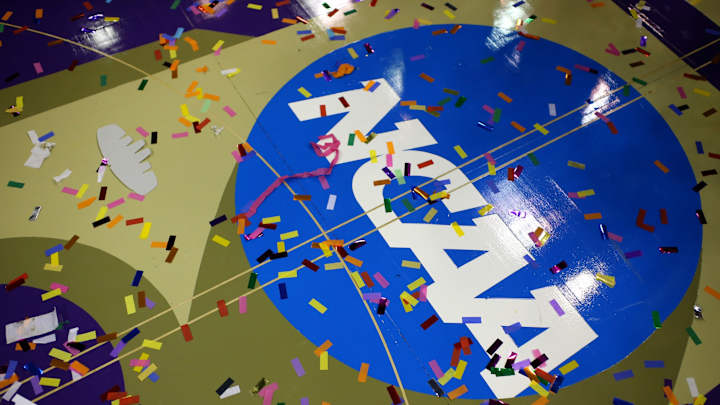NCAA Extends Recruiting Dead Period Through July

With the COVID-19 pandemic placing a hold on in-person recruitment for all collegiate sports, the NCAA extended the temporary recruiting dead period to July 31 on Wednesday.
Division I Council Coordination Committee extends recruiting dead period: https://t.co/kxNibUf3B2 pic.twitter.com/0cRcTbrxQp
— NCAA News (@NCAA_PR) May 27, 2020
Summer is the busiest time in recruitment for student-athletes and college coaches. Many relationships are built and players are evaluated. Under the extended dead period, there will be no summer camps, on-campus visits, off-campus visits and face to face contact.
The Division I Council Coordination Committee extended the recruiting dead period in all sports through July 31.
“The extension maintains consistent recruiting rules for all sports and allows coaches to focus on the student-athletes who may be returning to campus,” said Council chair M. Grace Calhoun, athletics director at Pennsylvania. “The committee is committed to reviewing the dead period again in late June or early July.”
The committee will regularly evaluate the dead period, continuing to be guided by medical experts.
Virtual physical activities
Additionally, the committee decided to allow strength and conditioning coaches to virtually observe voluntary physical workouts for health and safety purposes but only if requested by the student-athlete. The measure goes into effect June 1. The strength and conditioning coach will be allowed to observe the workouts and discuss items related to voluntary workouts but not direct or conduct the workout.
The decision was supported by the Committee on Safeguards and Medical Aspects of Sports Prevention and Performance Subcommittee. The subcommittee encouraged schools that decide to allow their strength and conditioning coaches to observe voluntary workouts to proactively consider the school’s overarching responsibility to protect the health of and provide a safe environment for each student-athlete. More specifically, the subcommittee stressed that schools should plan for how the strength and conditioning coach should respond if they observe an unsafe workout environment or in the event that a medical emergency occurs during a voluntary session.
The committee will continue to explore the opportunity for strength and conditioning coaches to conduct voluntary workouts virtually, as they do during in-person, on-campus voluntary workouts.
You can follow us for future coverage by clicking "Follow" on the top righthand corner of the page. Also be sure to like us on Facebook & Twitter:
Facebook - @GeorgiaTechSI
Twitter - @GeorgiaTechSI and Ashley Barnett at @AshBarnett_
